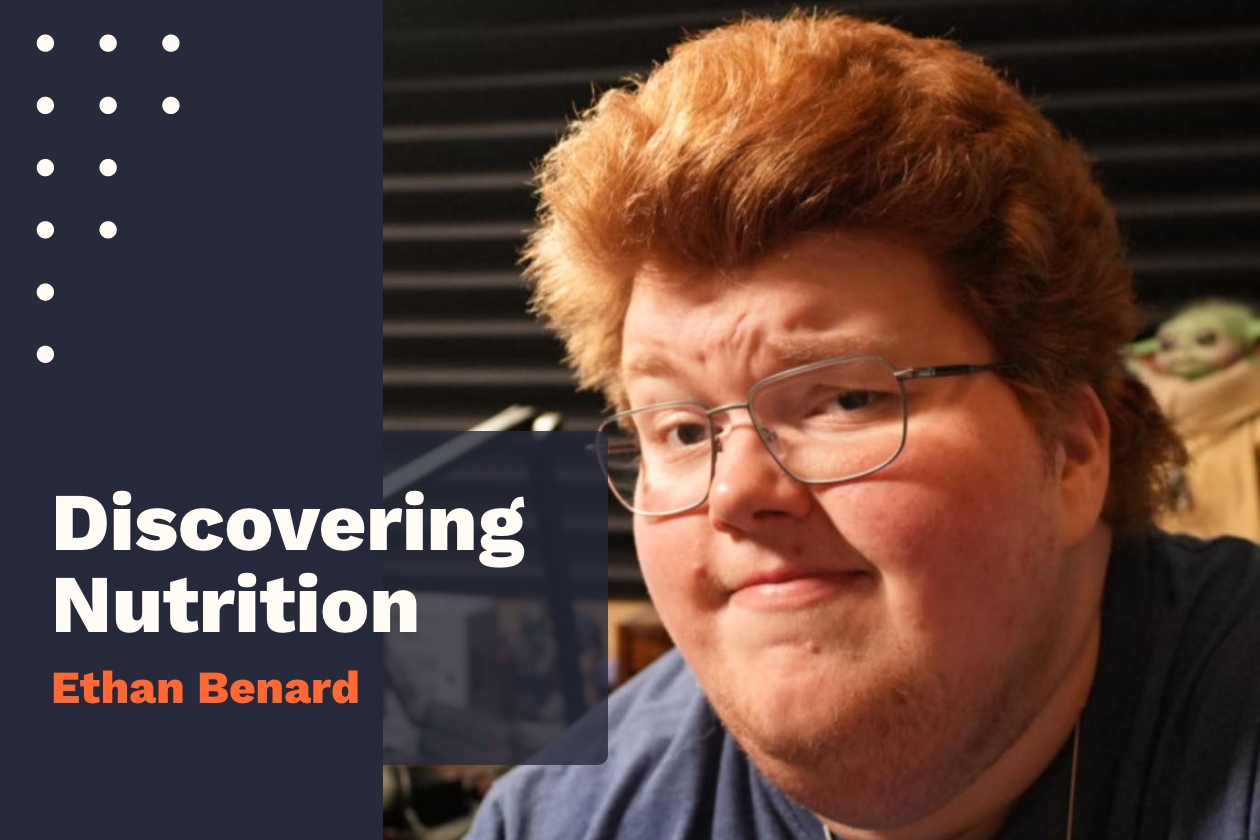This month we interviewed Cyrus Khambatta, co-author of the New York Times Bestseller Mastering Diabetes which has helped more than 10,000 people reverse the underlying cause of insulin resistance. He earned a Bachelor of Science in Mechanical Engineering from Stanford University in 2003, as well as a PhD in Nutritional Biochemistry from the University of California at Berkeley in 2012.
Key Discussion Posts:
- The benefits of whole carbohydrates in a low-fat environment.
- Discusses Insulin sensitivity and how to maintain stability through a balanced diet.
- Explains how fibre in whole foods slows down nutrient absorption.
- Provides solutions for people with limited access to a variety of whole foods.
- Highlights the nutritional differences between whole and processed foods.
More About Cyrus Khambatta:
- Website: Mastering Diabetes
- Social Channels:
- Get the book Mastering Diabetes
Key Notes
In this video, the host interviews Cyrus Khambatta. The discussion revolves around the role of carbohydrates in our diet, particularly focusing on whole carbohydrates and their impact on health, especially for individuals with diabetes. The Podcast covers various topics, including:
- Carbohydrate Metabolism: Cyrus emphasizes the benefits of whole carbohydrates in a low-fat environment for optimal health and blood glucose control.
- Insulin Sensitivity: To maintain optimal insulin sensitivity Cyrus recommends a diet with 70-80% carbohydrates, 10-15% fat, and 10-15% protein.
- Fiber’s Role: The conversation touches on how fibre in whole foods slows down nutrient absorption, contrasting this with the rapid absorption from processed foods.
- Practical Dietary Advice: Cyrus provides solutions for people with limited access to a variety of whole foods, focusing on staples like rice, beans, and lentils.
- Whole Foods vs. Processed Foods: Cyrus highlights the nutritional differences between whole and processed foods, emphasizing the importance of a whole food plant-based diet.




